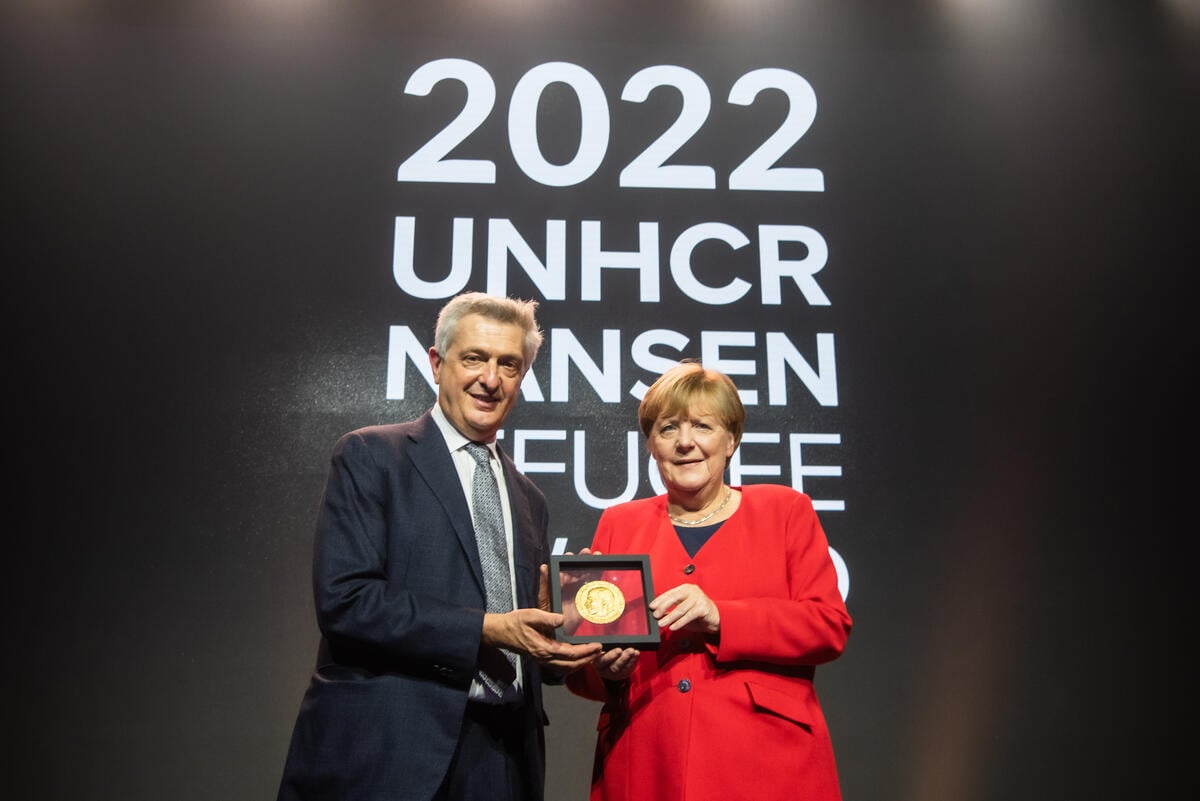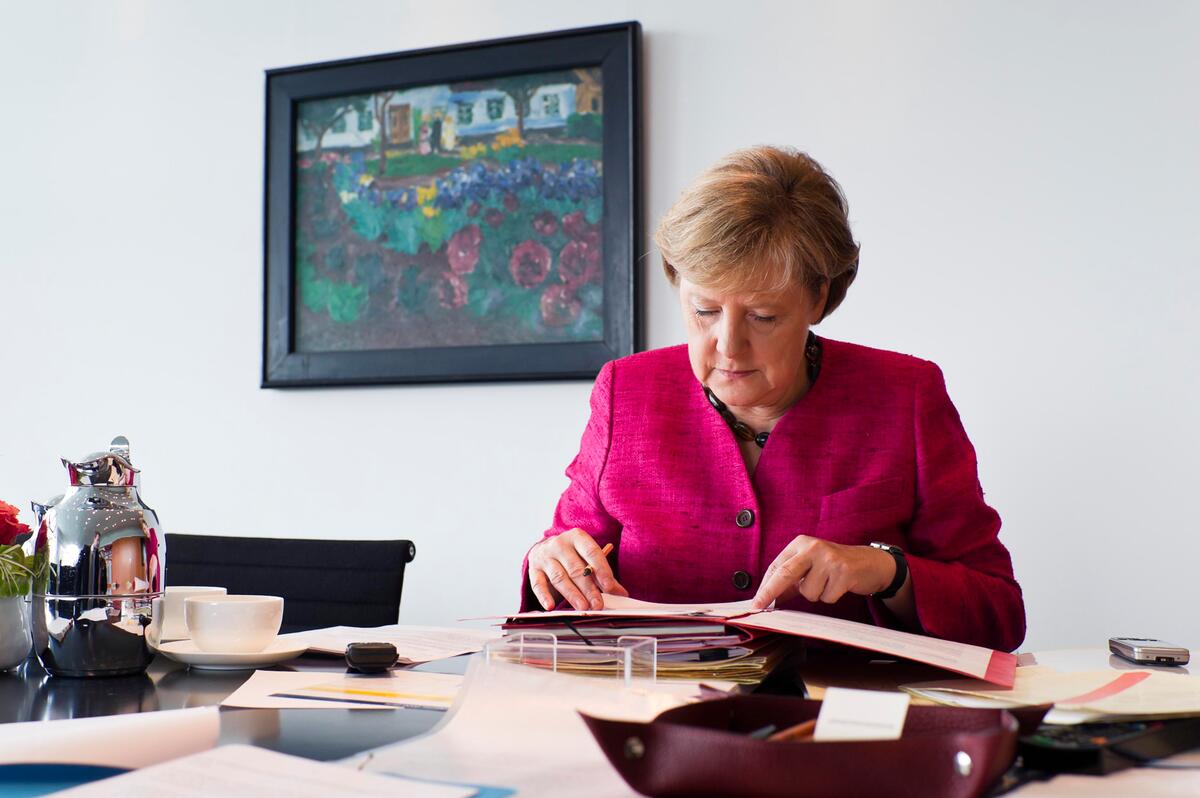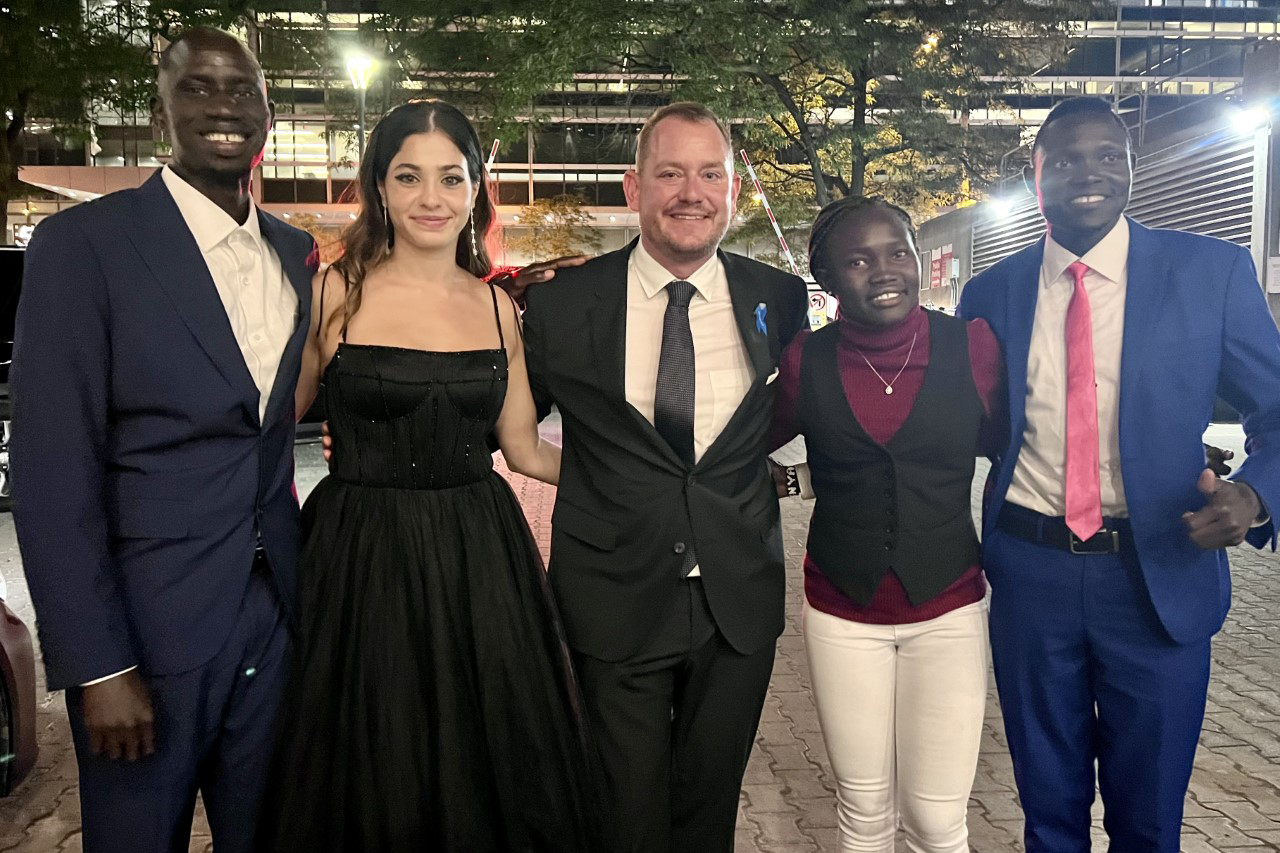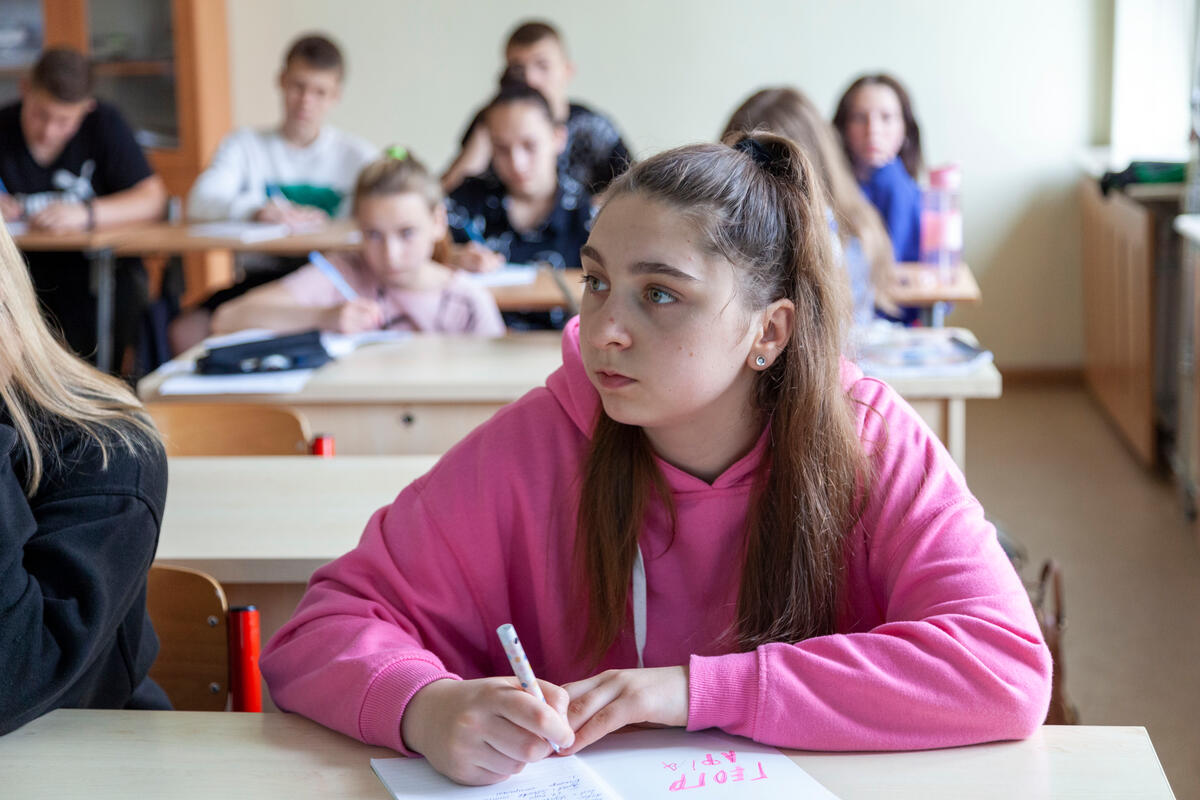Refugees in Egypt risk all on deadly sea crossing to Europe
Refugees in Egypt risk all on deadly sea crossing to Europe

ALEXANDRIA, Egypt – The sea tempts them with a dream of a better life in Europe. But the sea kills and these are refugees who barely escaped with their lives when the smugglers’ boats capsized and sank.
Sumaya is Sudanese, and a refugee in Egypt since 2014. She was desperate to rejoin her husband who had already made it to Europe. She is 41 and wants a child.
“There is no money, there is no one,” she said about her life in Cairo. “There is no house, no husband, no family, no baby. I cannot wait here.”
And so she tried, four times this year, to take a smuggler’s boat across the Mediterranean Sea to Europe. Three times the authorities caught the refugees and put them in detention.
Last month she chanced a fourth crossing, this time in a trawler that ruthless smugglers had packed with almost 500 refugees and migrants. Top heavy and overcrowded, the vessel rolled over in heavy waves and sank. Sumaya was wearing a life jacket and survived. More than 300 others did not.
“I cannot forget the people dying in front of my eyes. They tried to catch me, grabbed me, and they died. And (in the water) a body came, I am swimming and the dead body is floating with me. I will never forget this for the rest of my life.”
Sumaya lost her refugee papers and has had to re-apply for them. Her husband pleads with her not to try again. She hesitates, but she says she might, and this despite knowing that 3,654 refugees have died or gone missing in the perilous Mediterranean crossing this year alone.
Hussein is 26 and from Syria. He was on the same boat. It was his third try.
“It was really horrible,” he said. “Women were screaming, children were crying. We were in the cold water for six hours until fishermen rescued us.”
“Women were screaming, children were crying. We were in the cold water for six hours."
Hussein spoke of his ordeal to UN High Commissioner for refugees Filippo Grandi, who visited Egypt this week. He explained that he had fled to Jordan with his wife, his two children and his mother in 2012. At the end of 2015 he came Egypt in search of an operation on his injured shoulder. He was shot in the street in Syria and can still barely move his left arm.
Egyptian doctors told him the operation to repair the nerves in his shoulder was too delicate to attempt. That is when he gathered US$1,500 together, some of it his and some borrowed, and tried to go to Europe. The smugglers said he could pay on arrival.
“Life is tough here, I know,” Grandi told him. “But it’s tough there in Europe as well, especially now if you go illegally. It’s better to be patient here.”
Later Grandi said it was hard task to dissuade people from leaving and risking their lives.
“We must try to give them more support. I think the most important thing is to give them a sense that they can go back to their homes. All of them told me, 'if there was peace in my country. I would go back.'”
Hussein, for one, is persuaded. He will not try again. But it was his wife, and not the High Commissioner, who convinced him.
“She was angry with me," he said. “And angry about me and what happened. She said that if I died at sea, she and the family would be left with no one to help them.”









